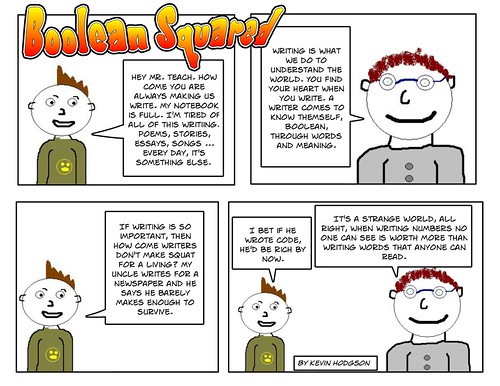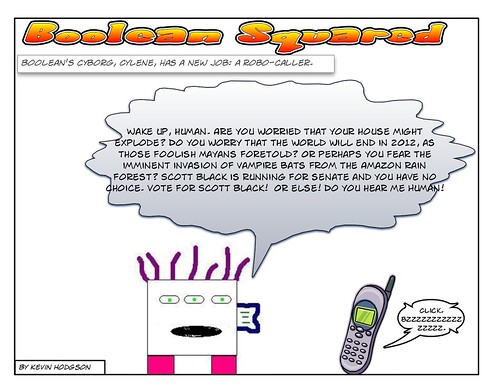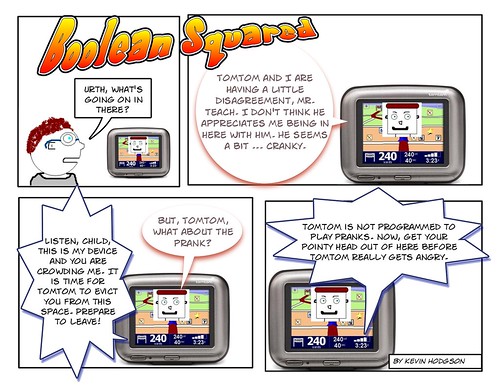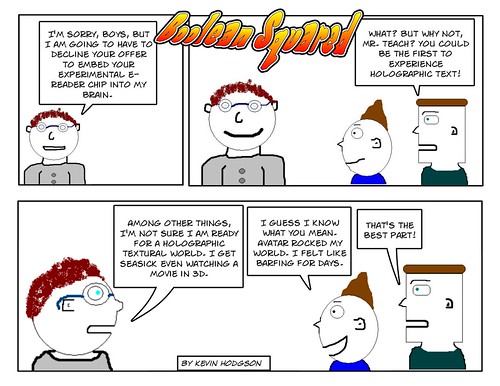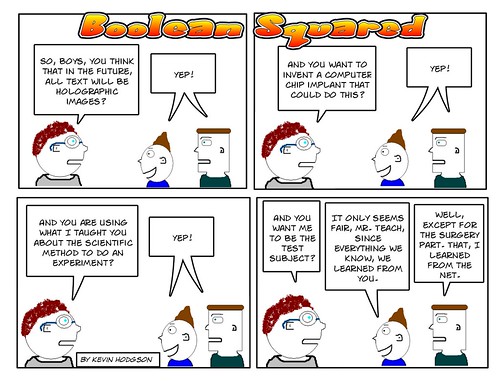In the recent Wired Magazine article, writer Steven Levy has an interesting revisit to a book that I once just loved, Hackers: Heroes of the Computer Revolution, which sought to document and profile those folks who sought to revolutionize the personal computer, mostly with the ideals that technology could eventually be put into the hands of many. In Wired, Levy tries to reconnect with some of the people he profiled in his book, including Steve Wozniak and Bill Gates.
It should be noted that Levy’s use of the word Hackers does not donate someone seeking to crack into a computer or software for malicious intent; Instead, a Hacker defined by Levy is someone who understands the underlying structure of a computer or network, and seeks to improve it or re-imagine it through skills and imagination.
What is striking is how Levy also shows how many of the ideals of that earlier generation have splintered into a couple of directions. Gates urged early on that his work be compensated (which caused an uproar in the technology community at the time) so that he could use the money to hire more engineers and make better products. Others, such as Lee Felsenstein, still held the line that technology should be adapted and used by as many people, and with as few hurdles as possible, which comes into conflict with the for-profit model.
For me, I was never nor will I ever be a Hacker, per se. I don’t have those skills. But when I was creating my webcomic, Boolean Squared, I used some of the ideas behind Levy’s profiles to inform the motivation and personalities of my two central characters — Boolean and Urth. These kids love to dive into the computer and make it work for them, not the other way around, and they are not afraid to yank the cover off anything. I wanted that adventuresome spirit from the beginning days of computer programming to come through with my characters.
Today, Levy notes, we have the continued development of the Open Source Movement — as shown by such companies as Mozilla and the various Linux offshoots — along with ad-driven companies such as Mark Zuckerberg’s Facebook. Levy suggest that Zuckerman and his kin are the indirect offspring of those early days of hacking, although Zuckerman notes that he is less interested in the underlying “code” than the overall use of technology to connect people together as a social fabric. And my guess it that more than a few of the original hackers would be mortified by that association.
Check out the article on Wired.
Peace (in the wired world),
Kevin
